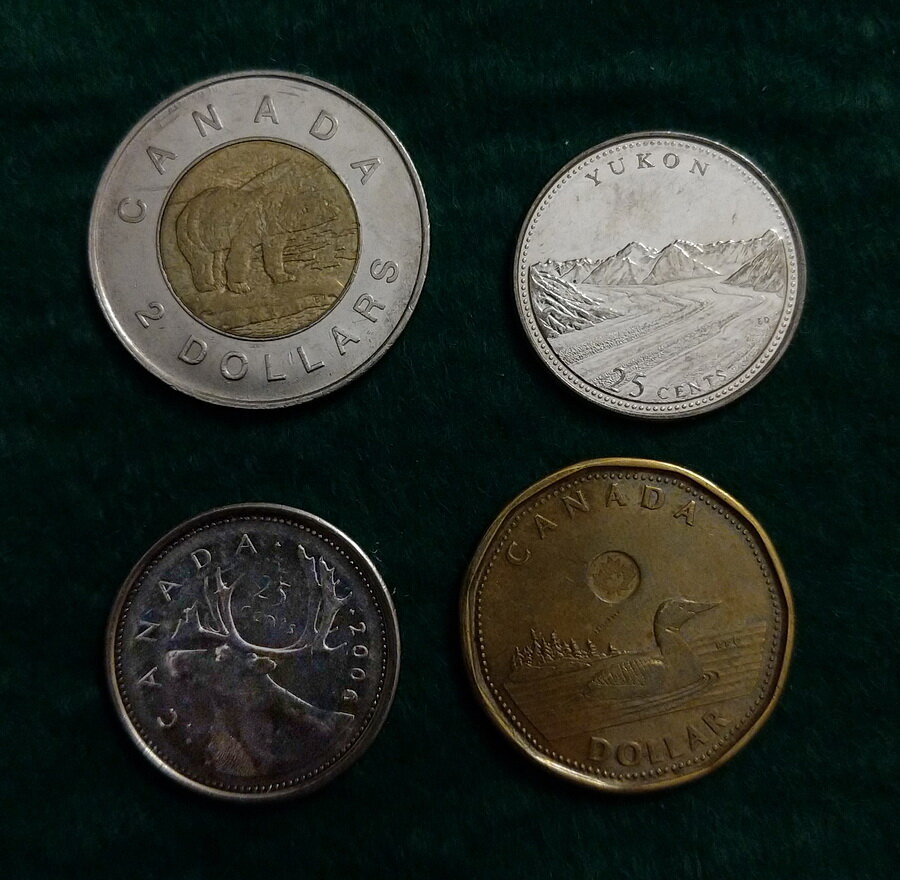Far North Rambles #5: Cash Economy
Far North Friday: It Is A Cash Economy!: I am not in the practice of getting to know the bank manager at the branch where I bank. There are several reasons for that, but mainly I have done almost all my banking on-line for many years. There is just no reason to actually go into the bank building, except when I needed large amounts of cash to travel north. And that need led to my one and only meeting with a bank manager.
When I first started to travel north back in 1999, I learned that most remote First Nation communities worked on a cash economy. There were no ATM’s, no banks, and few people accepted cheques. If you were lucky, the community-based store might cash a personal cheque, for a fee. So, a trip north did require some advance financial planning and it was possible to “guess-timate” how much a community trip would cost. When I traveled with several colleagues, I would often carry enough cash to cover their expenses. I would start to withdraw the funds from the local ATM 2 or 3 days before the visit. It was possible to get a Government advance, but that took time, which was not compatible with the often quickly scheduled trips.
For one Far North trip, I stopped at the bank on the way to the Sudbury airport. I asked the teller for $3000 cash. The teller paused, looked at me, quietly closed and locked the money drawer, asked me to wait, and walked into the bank manager’s office. About 30 seconds later, the bank manager’s head appeared like a whack-a-mole from the side of the open door. He looked at me and waved to invite me into his office. Now, you have to picture a person (me) dressed in my Far North winter clothing, which is definitely about function, not form. He asked several questions, smiled after my nervous explanation, concluded that I was NOT up to something inappropriate, and wished me well with an approved personal withdrawal.
That was the first, and only time, I met a branch bank manager.
Over the years, the financial administration rules changed and it became less easy for me to cover employee expenses and submit under my expense claim. I am quite sure that our financial admin person fought the Government system many times on my behalf, because she understood what a cash economy meant, why cash advances did not always work, and why it was not always possible to get signed receipts (although almost all had a witness to confirm the expense). The system worked because the community-based First Nation people were always fair, our internal administrative people trusted us, and like the bank manager, they did verify as required.
I also note that when I retired in December, 2015, ATM’s were much more common in remote communities, so it had become a little easier to do business in a cash economy.
Cash economies still exist. In the Far North of Ontario, business transactions with individuals and some businesses are still conducted in cash. That can be a challenge because of the need to withdraw large sums of cash from a bank before heading north.
Andy Fyon, Sept 4, 2020 (Facebook, February 21/20).

